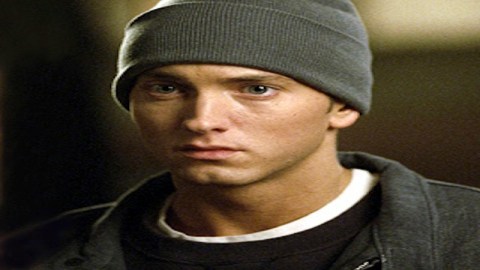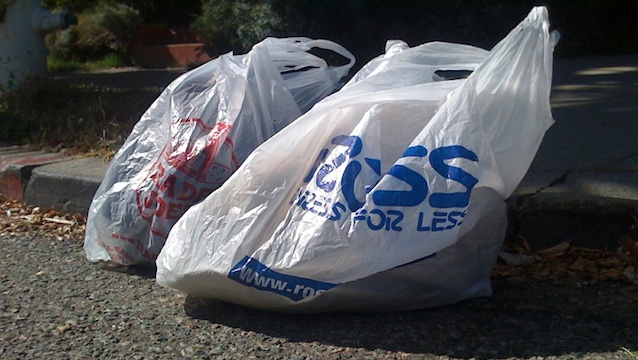Endings: Obama, Eminem, Franzen

Summer is over. Now fall begins. When we think back on this season in this year will we remember the books, the songs, the finals of the U.S. Open (or even one elegant, astronomically improbable shot hit between Federer’s knees)? Will we remember Obama’s speech to end one war, and will we feel what we felt when Nixon spoke to us on ending another? Perhaps more than looking back to politicians we will look back to novelists to remind us what we felt.
Jesse Kornbluth praised Jonathan Franzen’s heartbreaking Freedom, and provided one excerpt, one being enough to prompt a rush to buy. Franzen describes a kind of ending, one that could be called very American, being a cycle of violence, love, renewal and hope. It is marriage. He writes:
She cried then, torrentially, and he lay down with her. Fighting had become their portal to sex, almost the only way it ever happened anymore. While the rain lashed and the sky flashed, he tried to fill her with self-worth and desire, tried to convey how much he needed her to be the person he could bury his cares in. It never quite worked, and yet, when they were done, there came a stretch of minutes in which they lay in the quiet majesty of long marriage, forgot themselves in shared sadness and forgiveness for everything they’d inflicted on each other, and rested.
When the film adaptation comes the director might elect to use the hit song of this summer, from Eminem. Here is his description of a not dissimilar cycle, in Love the Way You Lie:
I can’t tell you what it really is/ I can only tell you what it feels like/ And right now there’s a steel knife/ In my windpipe/ I can’t breathe/ But I still fight/ While I can fight/ As long as the wrong feels right/ It’s like I’m in flight/ High of a love/ Drunk from the hate/ It’s like I’m huffing paint/ And I love it the more that I suffer/ I sufficate/ And right before I’m/ about to drown/ She resuscitates me/ She fucking hates me/ And I love it/ Wait/ Where you going/ I’m leaving you/ No you ain’t/Come back/ We’re running right back/ Here we go again/ It’s so insane/ Cause when it’s going good/ It’s going great/ I’m Superman/ With the wind in his bag/ She’s Lois Lane/ But when it’s bad/ It’s awful/ I feel so ashamed
Love. Violence. Renewal. Hope. And an impulse to do what is right in concert with an impulse to manage emotions: this might be a description of what our leaders endure and, in particular, a description of the messy business of peace. Here is what Nixon said, that night in January, 1973:
And finally, to all of you who are listening, the American people: Your steadfastness in supporting our insistence on peace with honor has made peace with honor possible. I know that you would not have wanted that peace jeopardized. With our secret negotiations at the sensitive stage they were in during this recent period, for me to have discussed publicly our efforts to secure peace would not only have violated our understanding with North Vietnam, it would have seriously harmed and possibly destroyed the chances for peace. Therefore, I know that you now can understand why, during these past several weeks, I have not made any public statements about those efforts.
And here is Obama, last week:
In an age without surrender ceremonies, we must earn victory through the success of our partners and the strength of our own nation. Every American who serves joins an unbroken line of heroes that stretches from Lexington to Gettysburg; from Iwo Jima to Inchon; from Khe Sanh to Kandahar — Americans who have fought to see that the lives of our children are better than our own. Our troops are the steel in our ship of state. And though our nation may be travelling through rough waters, they give us confidence that our course is true, and that beyond the predawn darkness, better days lie ahead.
We will always miss summer, but we will never miss war. Yet they will both come again; it’s axiomatic. Franzen’s Freedom might (as Frank Rich pointed out) tell us more about our lives now than any speech on any given night on C-SPAN. As novelists before him have done, he seems to have defined who we are now, and in doing so presents us with the challenge to change.





